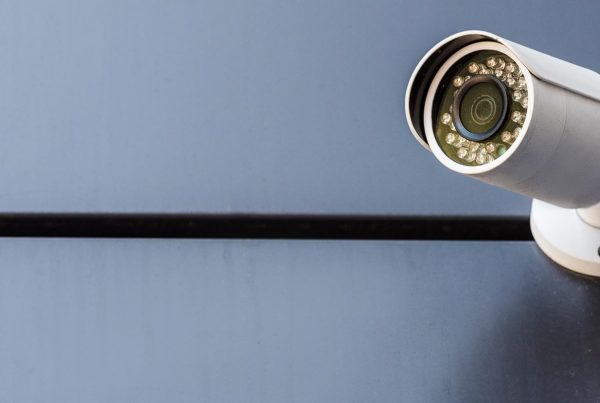UPDATE – June 16, 2022
In response to submissions from CCLA and many others before the Senate Standing Committee on National Security and Defence, senators studying the bill voted to replace the novel, intensely criticized standard of “reasonable general concern” with the legally recognised, and stronger, threshold of “reasonable grounds to suspect” for device searches at the border.
This is an excellent step towards better privacy protection and, concurrently, better protection against discriminatory searches which under the novel standard originally proposed, could be conducted essentially based on what we characterised as a “sniff test” rather than a standard.
We’ll continue to watch this Bill as it moves through the Senate and to Parliament.
[May 16, 2022] A long-awaited attempt to amend the Customs Act signals a belated and half-hearted recognition by government that searching through the intimate details of our lives contained on our phone or laptop is not the same as digging through a box or suitcase holding a couple shirts and some socks. Bill S-7, which would amend the Customs Act and the Preclearance Act, 2016 (the “Acts”), was recently introduced in the Senate and will soon be sent to the Standing Committee on National Security and Defence for study.
The Bill was made necessary by a key judgement in the Alberta Court of Appeal. In 2020, the decision in R. v. Canfield held that the examination of the content of a personal digital device (e.g. a cell phone or a laptop) under the Customs Act is unconstitutional, because the relevant section of the legislation imposed no limits on the device search. The Court suspended the declaration of invalidity for a year in order to give Parliament time to amend the legislation and introduce a threshold.
This is an important moment to improve privacy protections at the border. Canadian courts have established that people have very strong privacy interests in their personal digital devices. In fact, the Supreme Court has stated that it is difficult to imagine a more intrusive invasion of privacy than searching someone’s personal computer. CCLA has argued for a long time that the Customs Act needs to be amended to protect the privacy rights of travelers by preventing unreasonable searches of people’s personal digital devices. Unfortunately, Bill S-7, as written, fails to do this.
The very low (and legally novel) threshold of “reasonable general concern” for border officials to conduct a search of a traveler’s personal electronic device does not adequately protect travelers’ privacy. It’s a shame that after we’ve waited well past the one-year deadline the Court imposed for this Bill, the proposed threshold misses the mark. Indeed, the threshold of “reasonable general concern” is a sniff test, not a standard. It is not used anywhere else in the legislation (or any other legislation that we have identified so far). Introducing such a low standard not only fails to protect individual privacy, but also fails to offer protections against racial and religious profiling that may stem from the excessive discretion such a minimalist standard will provide, and may even exacerbate such profiling.
CCLA believes that a minimum threshold of “reasonable grounds to suspect” is required to protect travellers. This position is consistent with the recommendations of the House of Commons Standing Committee on Access to Information, Privacy and Ethics report on “Protecting Canadians’ Privacy at the U.S. Border” in 2017. In the alternative, a standard of “reasonable grounds to believe” which appears elsewhere in the Acts, would be an acceptable option. These standards are individualized, not general, and therefore would provide more robust privacy protections against unreasonable searches of personal electronic devices at the border. Either would also provide greater protections against racial and religious profiling.
There are other flaws in the Bill too, and we will prepare detailed submissions for the Committee to identify all of our areas of concern and make recommendations to address them.
CCLA looks forward to participating in the public and legislative debates on Bill S-7 and standing up for the rights of travellers at our borders.
About the Canadian Civil Liberties Association
The CCLA is an independent, non-profit organization with supporters from across the country. Founded in 1964, the CCLA is a national human rights organization committed to defending the rights, dignity, safety, and freedoms of all people in Canada.
For the Media
For further comments, please contact us at media@ccla.org.





